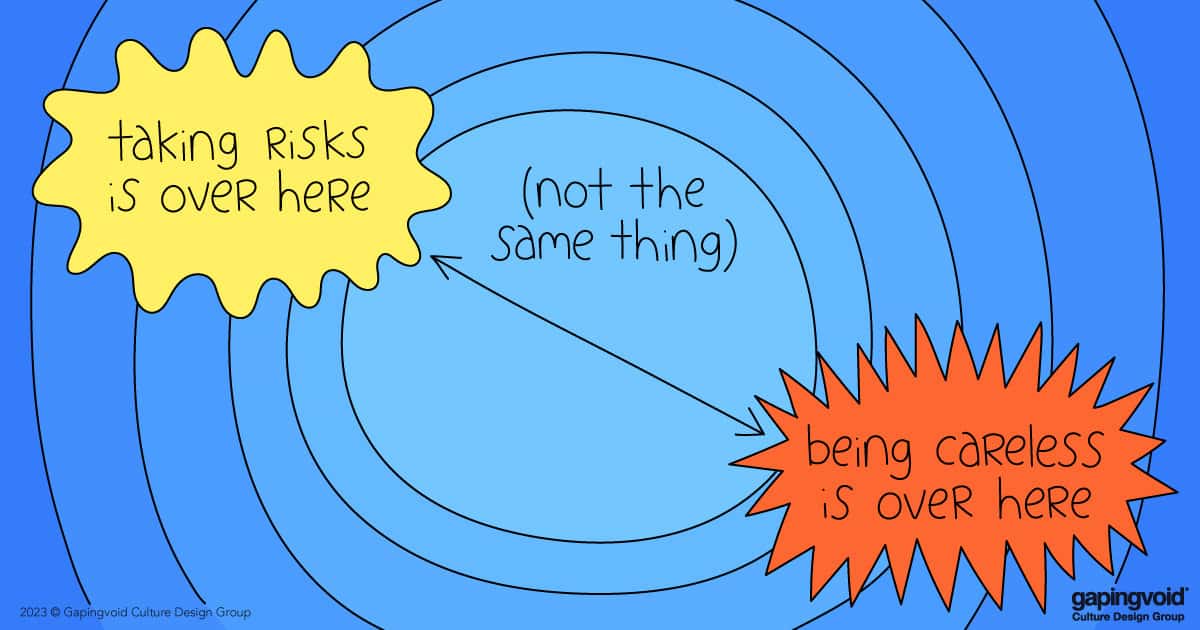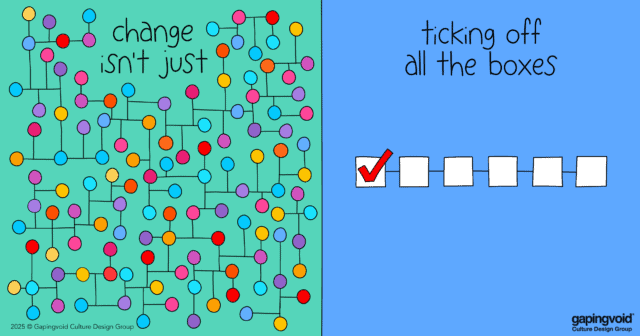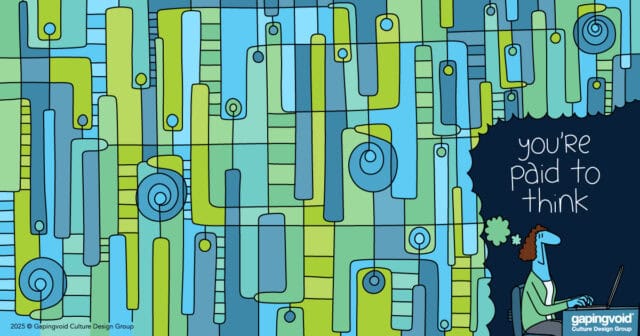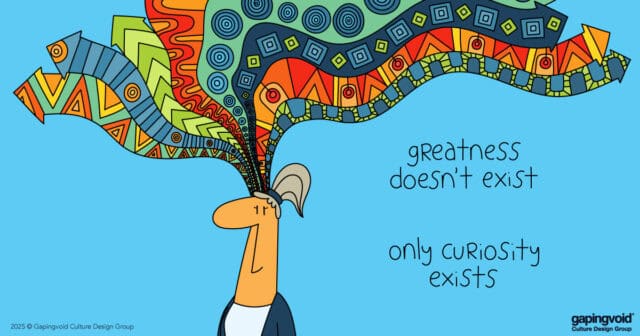
Competition motivates us, focuses us, and demands the best of us.
But it can also blind us.
Sometimes, we can get so caught up trying to win a competition, that we miss the bigger picture: it’s not a competition worth winning. We sprint to a finish line we wouldn’t ordinarily find appealing, just because someone else is racing us there.
Some think this may be what we’re doing with A.I.
Elon Musk certainly thinks so, and another voice recently joined him. Dr. Geoffrey Hinton, the so-called “Godfather of A.I.,” has abandoned his godchild and quit Google so he can “freely share his concern that artificial intelligence could cause the world serious harm.”
Whether the A.I. doomers are wrong or right, one thing is certain: we’re not just building some tech, we’re trying to win a race (against Chinese A.I. development). And that’s when we’re best at rationalizing shortcuts and corner-cutting. That’s when we’re most likely to measure hastily and do something sloppy. And as a result, that’s when we should exercise the most care.
The allegory of Pandora’s Box is one of the most intriguing stories in Ancient Greek mythology. Pandora was the first woman created by the gods. They gave her beauty, intelligence, and charm, but also a strong sense of curiosity.
One day, the gods decided to test Pandora’s curiosity by giving her a box and telling her never to open it. She opened it (who could resist?) and when she did, a swarm of malevolent creatures flew out, bringing with them every evil upon humankind.
She tried to close the box, but it was too late. The damage had already been done.



